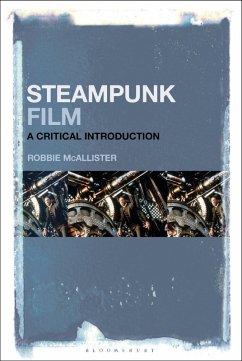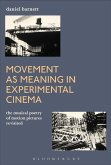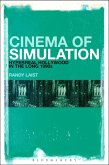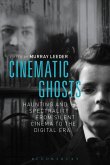Steampunk Film: A Critical Introduction is a concise and accessible overview of steampunk's indelible impact within film, and acts as a case study for examining the ways with which genres hybridize and coalesce into new forms. Since the beginning of the 21st century, a series of high-profile and big-budget films have adopted steampunk identities to re-imagine periods of industrial development into fantastical histories where future meets past. By calling this growing mass-cultural fetishism for anachronistic machines into question, this book examines how a retro-futuristic romanticism for technology powered by cogs, pistons and steam-engines has taken center stage in blockbuster cinema.
As the first monograph to consider cinema's unique relationship with steampunk, it places this burgeoning genre in the context of ongoing debates within film theory: each of which reflecting the movement's remarkable interest in reengineering historical technologies. Rather than acting as a niche subculture, Robbie McAllister argues that steampunk's proliferation in mainstream filmmaking reflects a desire to reassess contemporary relationships with technology and navigate the intense changes that the medium itself is experiencing in the 21st century.
As the first monograph to consider cinema's unique relationship with steampunk, it places this burgeoning genre in the context of ongoing debates within film theory: each of which reflecting the movement's remarkable interest in reengineering historical technologies. Rather than acting as a niche subculture, Robbie McAllister argues that steampunk's proliferation in mainstream filmmaking reflects a desire to reassess contemporary relationships with technology and navigate the intense changes that the medium itself is experiencing in the 21st century.









